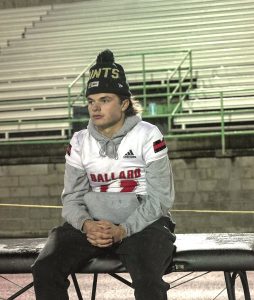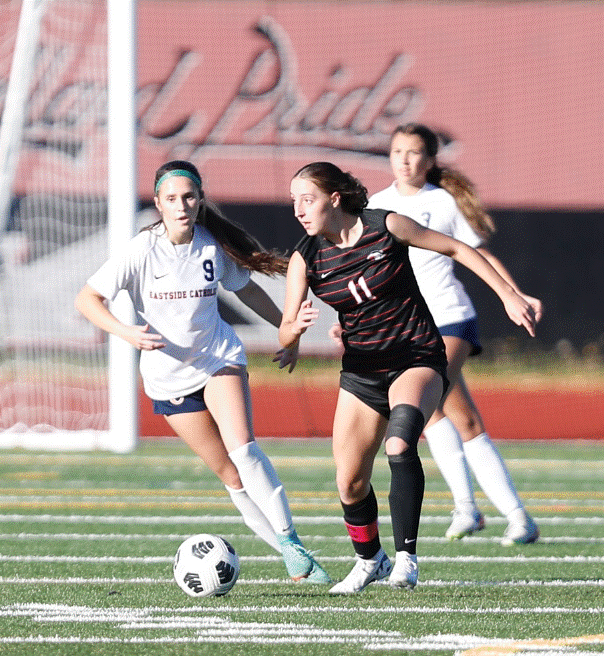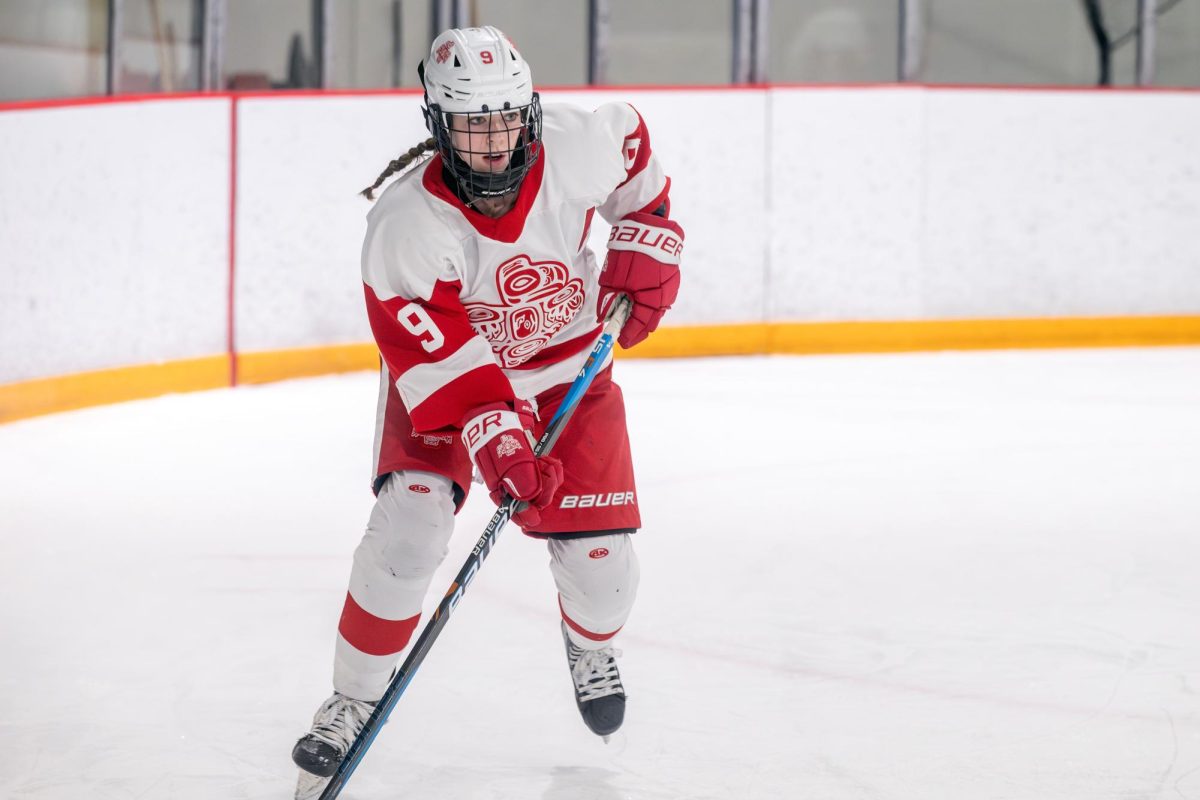If you want to succeed, you have to do things that other people are willing to do. Being uncomfortable is the only way that you’re going to grow. If you are an athlete with aspirations to play collegiate level sports, you are one of many who will encounter the recruiting process. Although ultimately rewarding, the process can, at times, be chaotic and stressful.
According to the National Collegiate Athletics Association, there are over 520,000 college athletes in the United States and BHS is home to few of them. With hard work and dedication, you can find your own pathway to playing collegiate sports.
When it comes to the undeniably long and arduous journey that is recruiting, you must start by finding your “why”. What makes you want to keep playing? Why do you keep showing up?
For senior Bianca Potesta, her relentless passion for soccer has been her “why” when it comes to playing collegiate sports. Ever since she realized that collegiate sports would be an opportunity for her to continue to play at an extremely high level, even if she didn’t play professionally, she has been working towards making a program.
Similarly, senior Dylan Walblom’s passion for sports has been a long term affair. He is a member of varsity football, baseball and basketball at BHS.
“I’ve known I’ve just wanted to play sports my entire life,” Walblom said. “Ever since I picked up a baseball bat, I’ve known I wanted to keep playing.”
But the pathway to college level sports is not necessarily linear.
“I have always wanted to do a sport at the collegiate level,” senior Lazlo Davis-Rudin said. “It just became more apparent this past summer that it would be rowing, not wrestling.”
A competitive and accomplished wrestler for most of high school, Davis-Rudin found his passion for rowing later than most, but his hard work and commitment are opening doors for him regardless.
With over 1000 colleges offering sports programs in the US, a diligent search is necessary to find the right program for each individual. Potesta recommends making a list of colleges which interest you and reaching out to your coaches and your counselor for guidance in deciding what colleges will be featured on that list. When it came to making their lists, here are some things interviewees took into account:
For many students, distance from home, culture, and access to amenities like certain types of weather or activities are important factors in their college decision.
“I’ve always wanted to go somewhere warm, you know, around the California location,” Walblom said.
There are many options when it comes to the level of play. These include NCAA Divisions 1,2, and 3, NAIA, and Junior College leagues.
“If you’re an okay player, if you’re a bench player, you’re probably not going to go to Duke and be a starter. So maybe don’t email Duke,” Potesta said.
Ensure that the schools you are applying to will provide the majors which you are interested in.
“ [I looked for] programs where I can develop my life rather than just baseball,” Walblom said. “There’s a chance that, you know, I don’t play baseball. [If] I get hurt or something, and my life has to pivot, and I just have to be ready for that.”

The athletes interviewed all agreed that sending emails to the coaches of colleges you are interested in is the most important form of exposure for athletes. However, establishing connections with people in the recruiting world and attending showcase tournaments as well as Identification Camps are also great opportunities to exhibit your skills.
“If you want to succeed, you have to do things that other people are willing to do,” Potesta said. “Being uncomfortable is the only way that you’re going to grow.”
At the end of the day, playing collegiate sports comes down to how much work you put in.
“You can think that you can start all this stuff about…where you want to go to college and stuff, but at the end of the day, it’s about who works the hardest and…who puts the most on the field,” Walblom said.




















